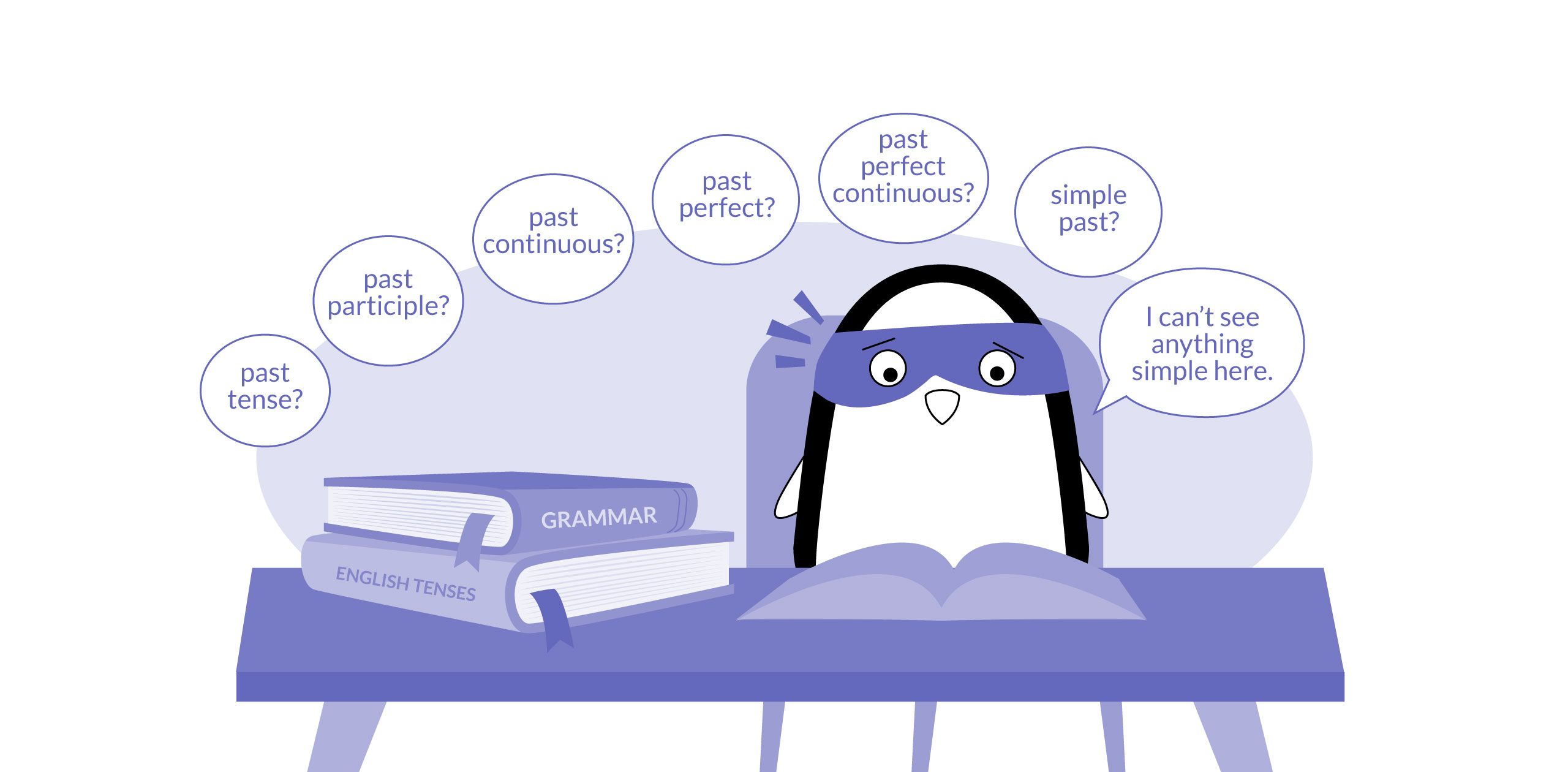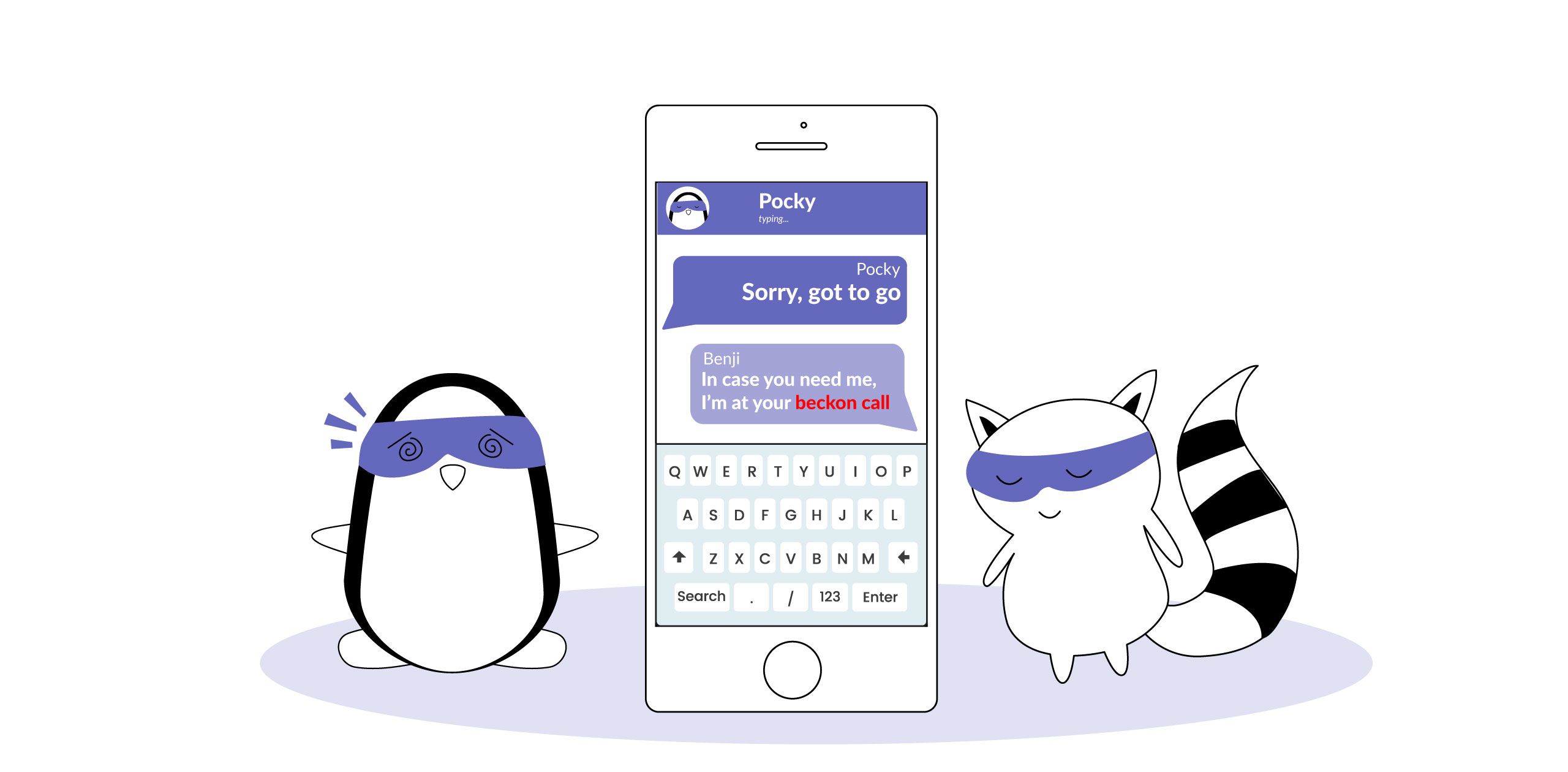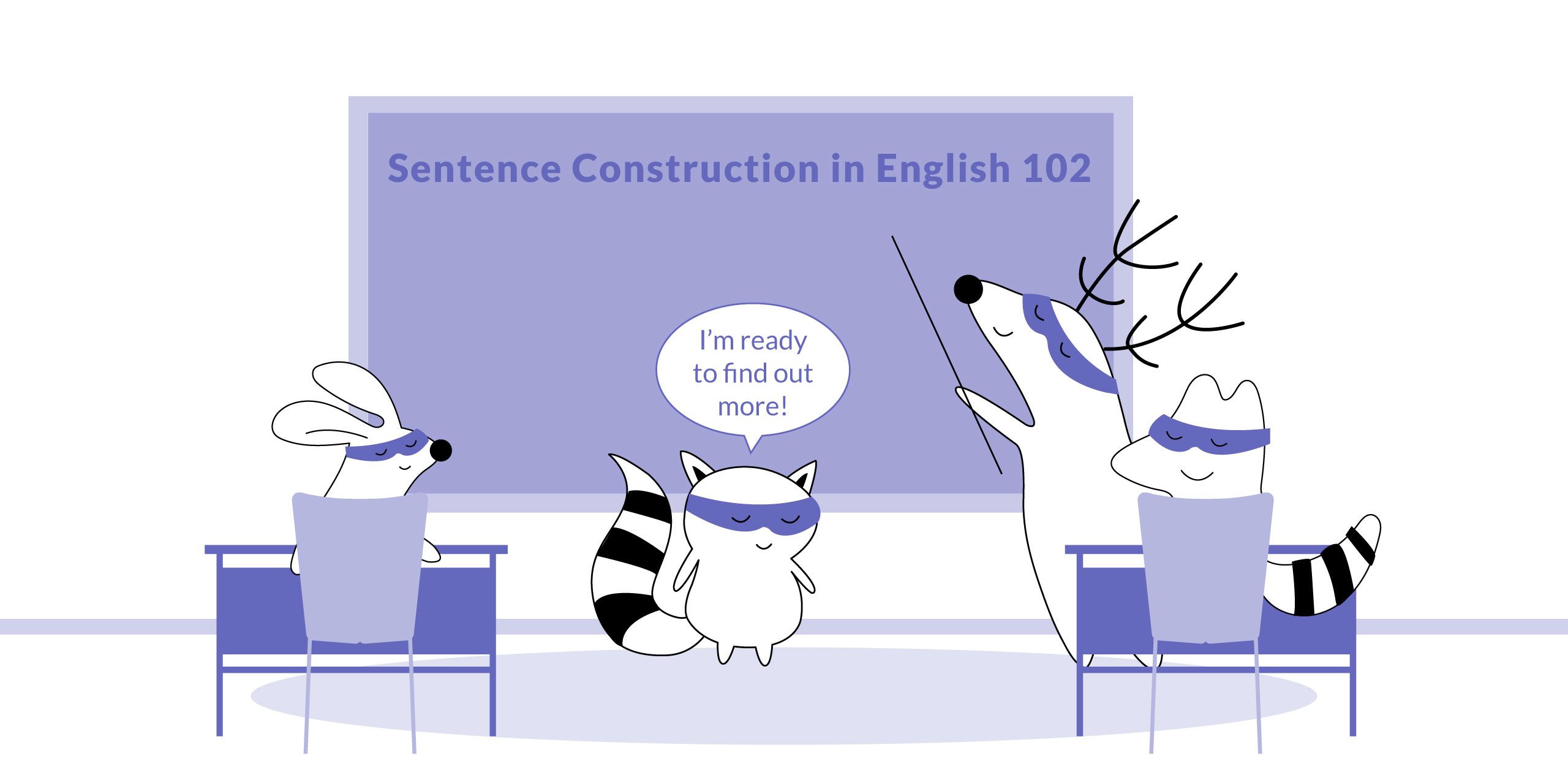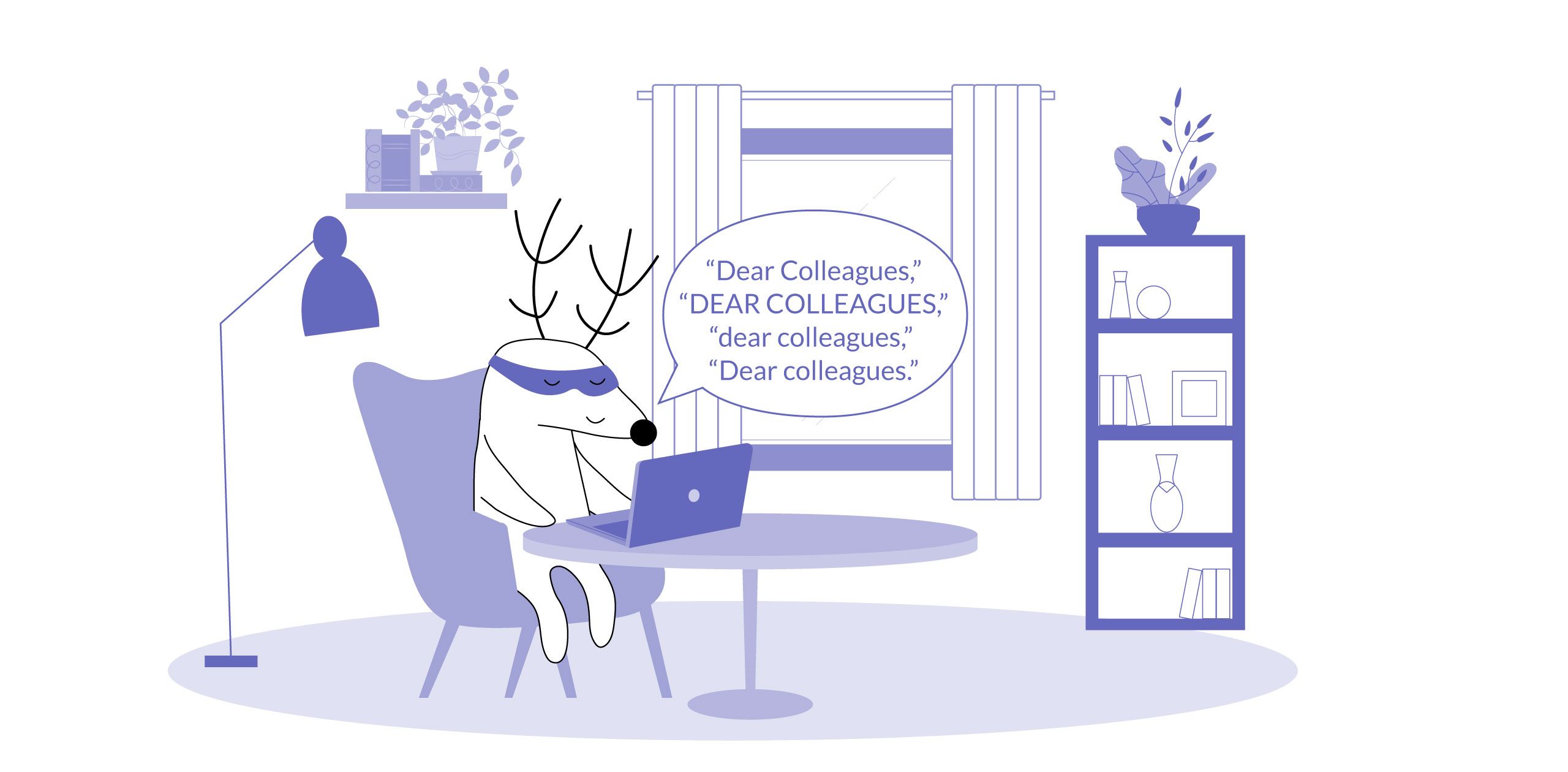
Avoiding misspellings, grammatical and punctuation mistakes, and other writing issues isn’t enough to make your writing excellent. It is also important to pay close attention to how you capitalize words in sentences.
So, which words get capitalized when writing in English? In English, capital letters can also be called big letters or uppercase letters. Sometimes native English speakers shorten this phrase to one word, in that instance, the capital letter is just a capital. Understanding capitalization rules will allow you to make sure your writing looks consistent and professional at all times.
English capitalization rules may seem confusing and even chaotic at first glance. Still, they will likely have something in common with the capitalization rules of your native language, making them actually easy to remember. Let's dive in!
Always Capitalize the First Word of a Sentence
This rule pretty much speaks for itself. In English, like in many other foreign languages, each individual sentence must start with a capitalized first word. For example:
- Hey! I'm so glad to see you! How are you doing?
- I need your help. I have an exam tomorrow, can you explain the last unit to me?
Always Capitalize the Personal Pronoun I
“I” is the only pronoun that is capitalized in the English language, regardless of where it is in the sentence:
- My mother and I used to go to the cinema on Wednesdays.
- Are you going to the party? I was hoping you and I would meet there.
Capitalize the First Word of a Quote
In English, a quote or direct speech also begins with a capital letter - but there are some exceptions to watch out for. If you're going to quote a complete sentence, you should capitalize the first word of the quote, even if it is placed in the middle of the sentence. For example:
- My grandmother always said, "A penny saved is a penny earned."
- My favorite lyric from that song is, "I'd rather be a comma than a full stop."
- The exact phrase she used was, "I don't have time for meetings that could have been an email."
However, if you're going to quote just a phrase or a fragment of direct speech in the sentence, you should start the quote with a small letter:
- She said she doesn't have time for "meetings that could have been an email."
Another exception is a quoted sentence or a part of direct speech interrupted by an insertion (for example, an explanation or parenthetical). In this case, you must write the second part of a quote with a lowercase letter. For example:
- "I don't have time for meetings," she said annoyed, "that could have been an email."
Capitalize the Names and Other Proper Nouns
You must always capitalize proper nouns. This is an extensive category of nouns, including the names and nicknames of people and animals, geographical names, organizations, trademarks, celestial bodies, attractions, book titles, museums, etc.
"Good Morning!" is an exception in English capitalization rules, as the word "morning" is a common noun, which should be capitalized only if it's the first word of the sentence. However, capitalization of "Good Morning!" is generally accepted if used as a greeting or salutation in a letter or email. The same applies to "Good Afternoon."
Most people can easily tell proper nouns from common nouns, but in case you’re a bit confused, here are some examples:
Names, Surnames, and Nicknames
- Monica / Phoebe / Rachel / Ross / Chandler / Joey
- Dana Scully / Harry Potter / Snow White
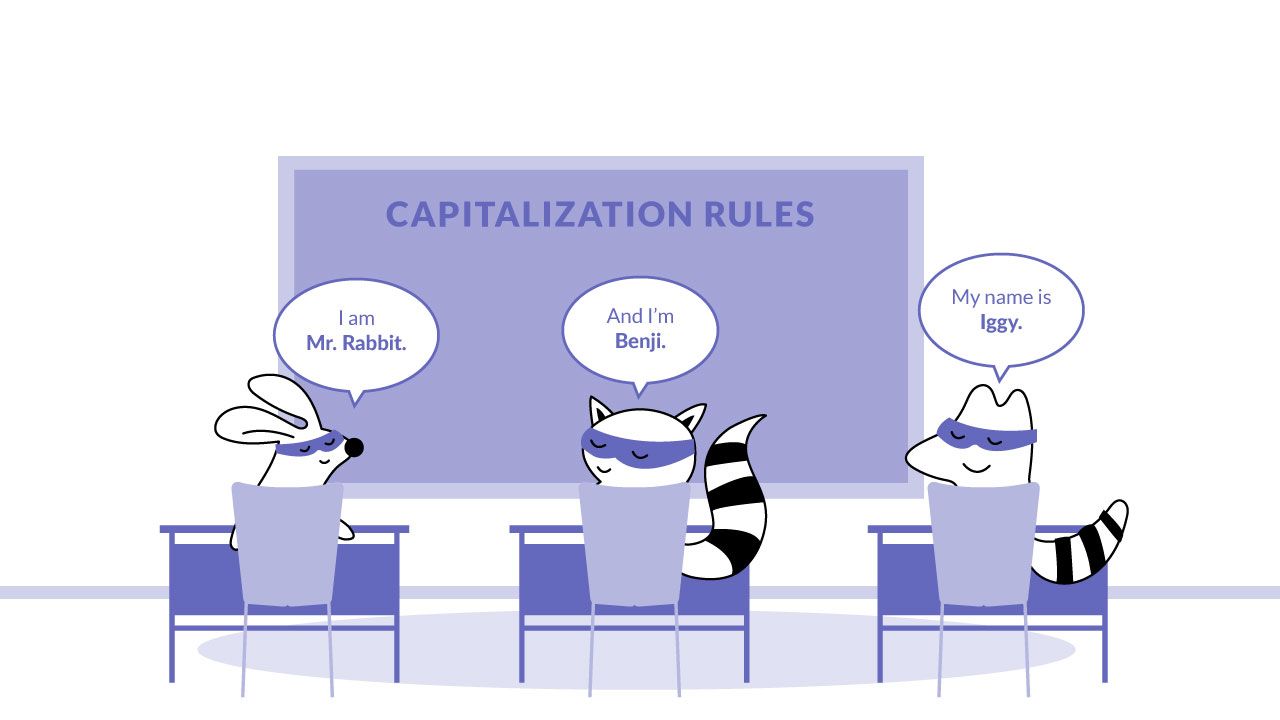
Cities, Countries, and Continents
- London / Tokyo / Oslo
- the United Kingdom / Japan / Norway / the United Nations
- Australia / Europe / Oceania / the South Pole
Some geographical areas can be capitalized, but that depends on the country:
- We took a road trip around the East Coast of the United States.
- They spent the vacation on the west coast of Scotland.
Names of Places and Attractions
- Bronx Zoo / Central Park / Museum of Modern Art / Eiffel Tower
Street Names and School Names
- Manhattan Avenue / Harvard University / Privet Drive
Time Periods and Historical Events
- the Middle Ages / World War II / the American Revolution
Nationalities, Ethnicities, and Languages
- My best friend is French.
- I want some Thai food for dinner tonight.
- She can't speak German.
Names of Political Parties
- Democratic Party / Republican Party / Green party
Days of the Week, Months, and Holidays, but Not Seasons
In English, days of the week, months, and holidays are considered proper nouns, so they should always start with capital letters. For example:
- We all hate Mondays.
- The concert was postponed to April next year.
- Do you have any plans for New Year's Eve?
However, the names of the four seasons are an exception, as they are common nouns, and there capitalizing them won't be grammatically correct. For example:
- It was the best summer party I've ever had.
- Perhaps spring and autumn are my favorite seasons of the year.
Names of Planets and Other Celestial Bodies
This might get a bit confusing, as we frequently see words like sun, moon, and earth written in lowercase, although the names of planets and other celestial bodies are proper nouns.
According to NASA's style guidelines, "when ‘earth’ is lowercase, it refers to soil or the ground, not the planet as a whole," so you should only capitalize it as a proper noun when talking about the planet Earth.
Similarly, you should capitalize "moon" when referring to Earth's Moon only and capitalize "sun" as a proper noun when referring to our Sun but not to other suns. Here are the examples:
- The Moon takes about one month to orbit Earth.
- Jupiter has 53 named moons and another 26 awaiting official names - that's 79 moons combined.
- Earth is much closer to Mars than the Sun.
- The Milky Way has a mass of 1.5 trillion suns.
Here are some additional tips for writing about other planets and celestial bodies:
- Capitalize the names of planets (e.g. "Mars," "Jupiter," "Venus").
- "Earth," when used as the name of the planet, is not preceded by "the," just like any other planet. However, you should use "the" in front of "Sun" and "Moon" as applicable.
- Compound and cognate words, such as "sunlight," and “moonrise," should be lowercase.
Capitalize Religions
Words Meaning Deity
The word “god” in the meaning of the one god in Christianity is written with a capital letter, but pronouns that replace it are already written with a lowercase letter. Also, the names of other deities in other religions begin with capital letters - just like any other name. For example:
- God / Allah / Zeus / Vishnu / Yahweh
Names of Religions and Faiths
- Christianity / the Orthodox / Buddhism / Islam / Judaism
- the Roman Catholic Church / the Ismaili Muslims / the Jehovah's Witnesses
Religious Texts
- the Bible / the Torah / the Koran / the Book of Mormon
Titles and Academic Degrees
Titles and academic degrees concerning specific people are considered to be part of a name and thus should be capitalized. These include but are not limited to professional, scientific, religious, state, and royal titles. A capital letter is required when referring to a person by title or academic degree or if the title is used together with a name. Here are some examples:
- Mr. or Mrs. Smith
- Father O'Connell / Deacon Patrick
- Queen Elizabeth II / President John F. Kennedy
- Professor Minerva McGonagall / Dr. Gregory House
At the same time, don't capitalize titles when they are used to describe something general. For example:
- How many kings and queens did England have?
- My professor gave a great lecture today.
Kinship Degrees
Names of relatives or kinship terms should be capitalized when they designate a specific person - for example when you address or talk about a particular relative:
- I'm writing a letter to Grandma.
- When did you see Cousin Lucy last time?
- I've missed you, Aunt May!

But if you speak about mothers, grandmothers, or other relatives in general, there's no need to use the capital letter. Also, you should use a lowercase letter in the titles of relatives if there is a possessive pronoun or a determiner before the title. Here are a few examples:
- Did you finish the letter to your grandma?
- Where does our cousin Lucy live now?
- Emma became a mother last week!
- I have a lot of cousins, but I've never met them.
Capitalize (Almost) All the Words in Titles
The capitalization rules for titles of books, movies, TV shows, games, as well as articles' headings, require capitalizing almost all the words of the title, not just the first word.
In practice, this means that you need to capitalize all nouns, adjectives, verbs, adverbs, and particles except "to" before the infinitive. Please note that auxiliary (helping) words are not included: prepositions, the particle "to" before the infinitive, articles, most conjunctions, and short auxiliary verbs are written with small letters. Here are several examples:
- Gone with the Wind by Margeret Mitchell.
- Harry Potter and the Sorcerer's Stone by J.K. Rowling.
- The Old Man and the Sea by Ernest Hemingway.
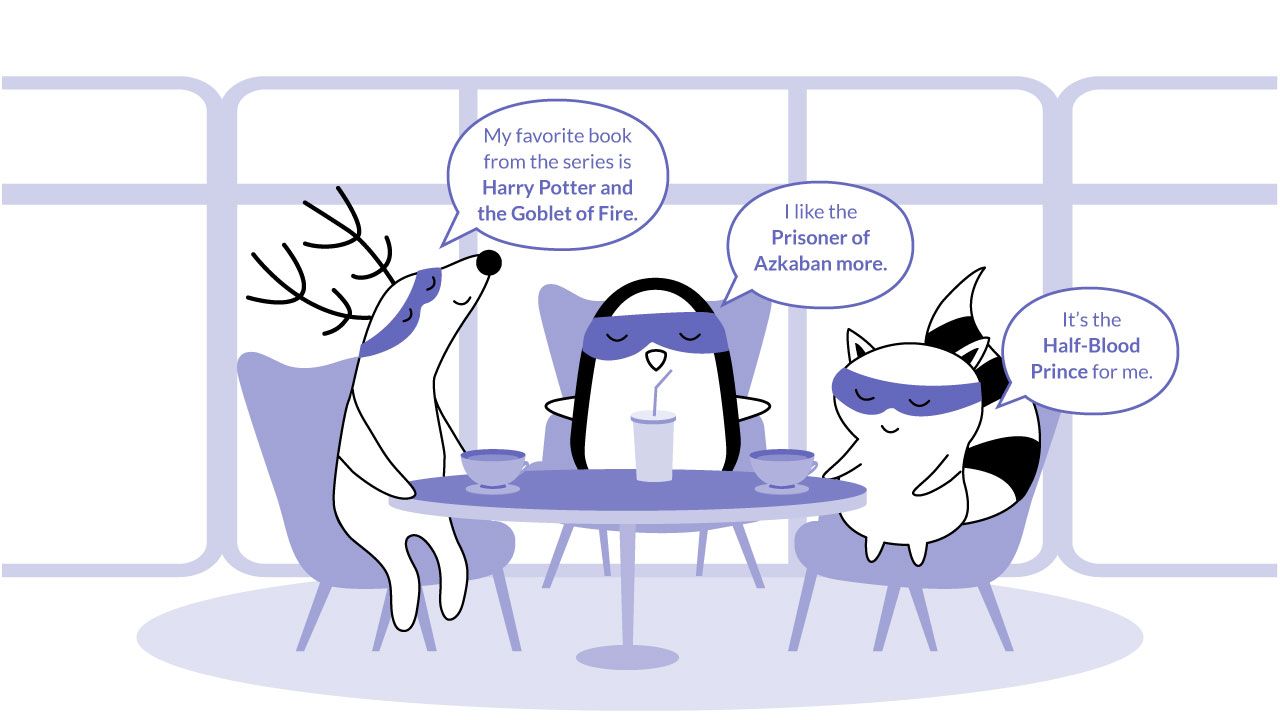
However, if the conjunction, auxiliary verb, or preposition consists of four letters or more, then a capital letter is also required:
- My favorite U2 song is With or Without You.
Pronouns are always capitalized - even a short "it" in the title needs a capital letter. Also, the list does not include the subordinating conjunctions (another exception to the rule), even if they are short: "as" or "if" should also be capitalized in the title or heading.
You should also note that some words can act as different parts of speech: in one title, they are written with a small letter, and in another with a capital letter. For example, "in" can be not only a preposition but also an adverb - as in the title of the gospel song Bringing In the Sheaves.
Another capitalization rule for long titles and headings to remember: the first and last words must be capitalized, even if they belong to articles, prepositions, or particles.
As you can see, writing a title in English correctly can require a lot of effort and attention to detail. Many native English speakers simplify these capitalization rules and write all words with a capital letter.
However, if you want to make sure your writing always stays consistent and looks professional, you may consider choosing a particular writing style guide and sticking to it in your writing.
The Bottom Line
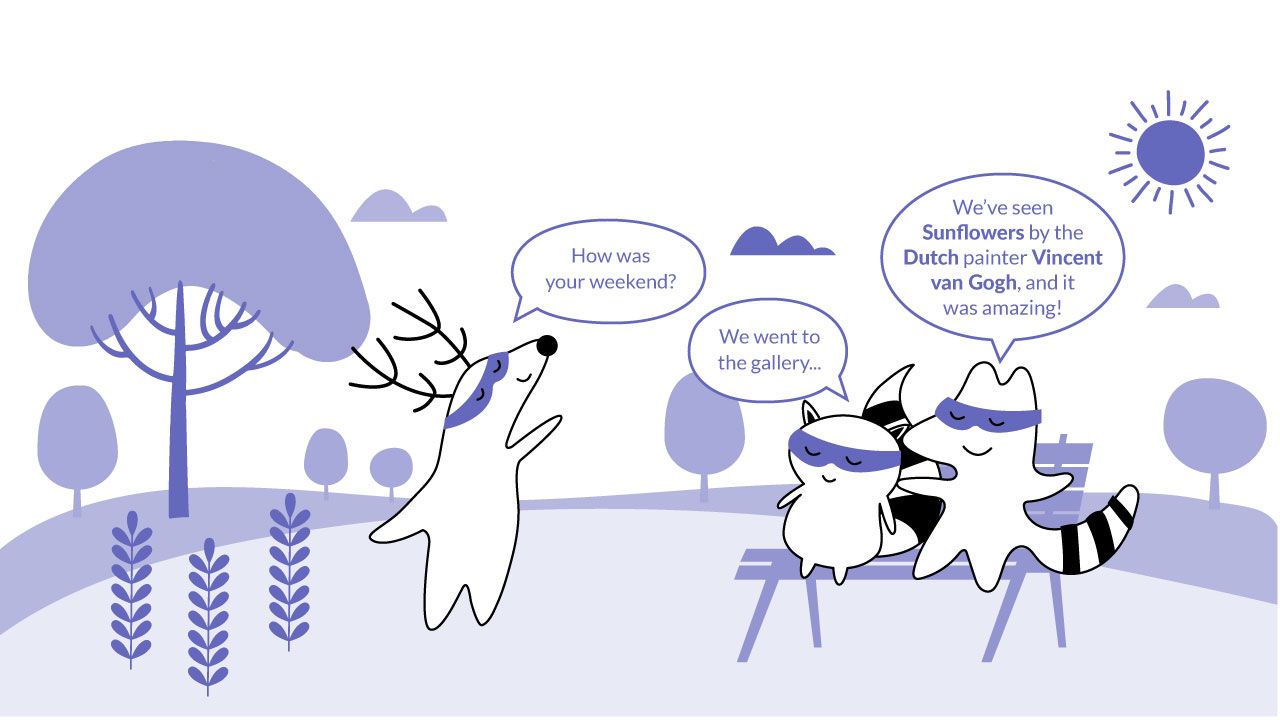
As you can see, making sure that all the words in a sentence are correctly capitalized makes your writing look better. It's completely normal if you cannot keep all the capitalization rules in mind - many native speakers can’t, and English grammar sometimes is very complicated.
It's impossible to remember every proper noun and exception to the rule, so feel free to return to this guide when needed and look for more examples or particular words when in doubt.
If you want to improve your writing, start by changing up the educational materials you use to learn the English language. For example, you can download our Langster app full of bite-sized stories for more writing, grammar, and communication tips and examples.







